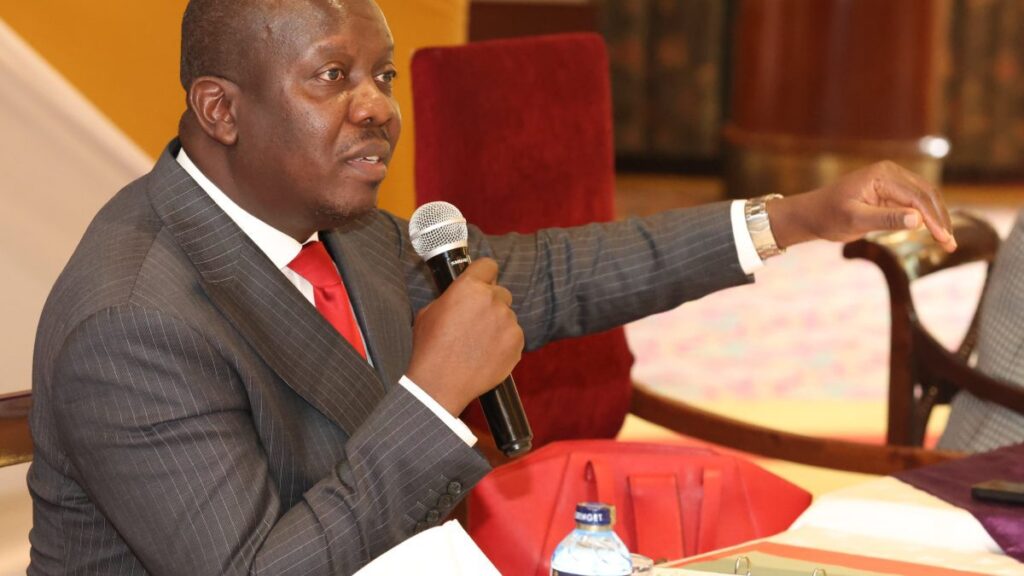The Office of the Director of Public Prosecutions (ODPP) told the Milimani Anti-Corruption Court on July 16, 2025 that it never received a December 14, 2018 letter alleging corrupt revenue‑collection dealings at the then Nairobi City Council (now Nairobi City County). Prosecutor Akula challenged the authenticity of a document produced in court by defence witness Henry Shitanda, saying its appearance did not correspond with the witness’s account and bore no official ODPP receipt stamp.
Shitanda, who once led the Bunge la Mwananchi movement and is testifying as the second defence witness in a case linking former Nairobi Governor Mike Mbuvi Sonko to the alleged embezzlement of KSh20 million, maintained that the civic group escalated staff complaints about Webtribe (JamboPay), the company contracted to collect county revenues. He testified that a formal complaint letter dated December 14, 2018 was dispatched the same day to the DPP, the Directorate of Criminal Investigations (DCI), the Ethics and Anti-Corruption Commission (EACC), and the governor’s office.
According to Shitanda, the governor’s office acknowledged receipt in a response dated December 17, 2018 indicating that investigations would be initiated. He further stated that the DPP’s office also wrote back contrary to the DPP’s current position saying the complaint had been received and that action would follow. Shitanda added that he was later contacted by a DCI detective identified as Ole Sina and subsequently recorded a statement in the matter alongside other officers.
The prosecution disputes those assertions, insisting there is no institutional record that the ODPP ever received the 2018 correspondence. The absence of a date stamp, registry log entry, or other acknowledgment is central to the challenge mounted by the State, which argues that the defence is attempting to rely on an irregular document.
The court, presided over by Principal Magistrate Charles Ondieki, will weigh whether the contested letter can be admitted and what evidentiary value it carries in the broader Nairobi City Hall corruption proceedings. The handling of historical complaints and whether national and county oversight bodies properly followed up could influence the trajectory of the KSh20 million embezzlement case facing the former governor and co‑accused officials. The dispute also revives questions about how finance whistleblower reports were tracked during Nairobi’s transition to revenue systems, and whether weak documentation allowed graft to persist. Further directions on admissibility and the next hearing date are expected after parties address authenticity and chain‑of‑custody issues.

